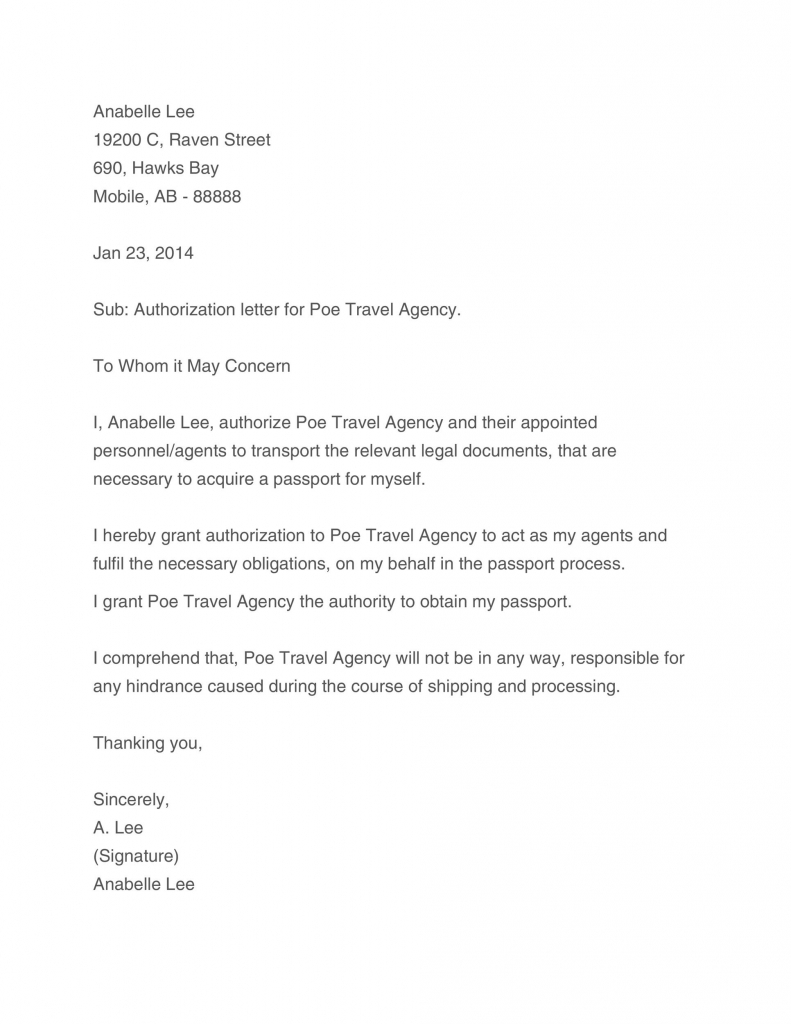

"To whom it may concern" is also used when you write to organizations and not an individual therefore it is illogical to use "Dear Sir/Madam". "To whom it may concern" is used when you do not know the letter recipient. Use with friends and colleagues you feel close to.How to end a letter To Whom It May Concern? This letter is sent to anyone who may be interested in information exposed in it. Less formal but still professional Kind regards, Use when you’ve started with Dear + name. Use when you’ve started with Dear Sir/Madam or To Whom It May Concern. Choose one of the following closing lines depending on the formality of the salutation. The closing salutation must match the opening salutation and the overall tone of the letter. We would appreciate your reply at your earliest convenience. We are looking forward to meeting you on 21 January/in Tromsø. I am looking forward to hearing from you soon. Please do not hesitate to contact us if you need any further assistance. If you require more information, please let us know. Please find attached (for emails) Offering future assistance I am delighted to inform you that … Giving bad newsĪfter careful consideration we have decided … Ending your letter Enclosures It would be helpful if you could send us … Giving good news I recently heard about … and would like to … Making a request I am contacting you for the following reason. Contacting the recipient for the first time There two ways in which business letters usually start: they make reference to a previous contact, for example, phone conversation, meeting, previous mail correspondence or they are the first contact with the recipient. Avoid the exclamation (!) in salutations.No full stop is needed after Mr, Ms, and Dr.There should be a comma after the salutation and a colon after “To Whom It May Concern”.Use when writing to one or more people you know very well. Use when writing to a group of people you know very well. These salutations should be used with people you are close to, as they might offend others. Less formal but still professional (business letters) Dear colleagues, Type the whole name when you are unsure of the recipient’s gender. Use when you have a named female contact do not use the old-fashioned Mrs. Use when writing to a position without having a named contact.

Use only when you do not know to whom you must address the letter, for example, when writing to an institution. Very formal (for official business letters) To Whom It May Concern:

The choice of the right salutation depends on whether you know the person you are writing to and how formal your relationship is. The salutation is an important part of a letter.


 0 kommentar(er)
0 kommentar(er)
